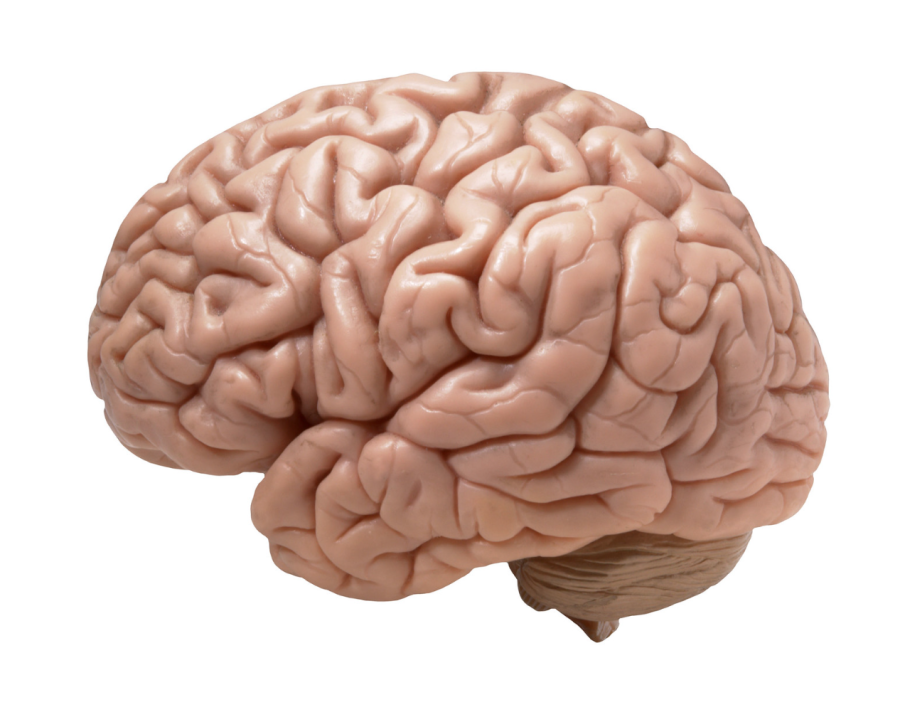Falcon Fact #5 – Brain Freeze
On a hot summer day, sometimes the only thing that takes the edge off of the heat is a freezing ice cream cone. However, remain cautious, or else, you risk a brain freeze.
A brain freeze is defined by the Cleveland Clinic as an “intense pain in the head caused by eating or drinking something cold.” This cold-stimulus headache is not serious (between a few seconds up to two minutes) and quickly subsides. Its scientific term is sphenopalatine ganglioneuralgia.
The cause of brain freeze is your body’s direct response to a sudden cold sensation. In reaction to extreme cold in the mouth or throat, “blood vessels throughout the head expand to let extra blood into the area for warmth. That quick change in blood vessel size causes sudden pain.” Specifically, the trigeminal nerve, the one that “carries sensory information from your face and around your brain,” is the one that is overly stimulated.
While not serious, this condition can be annoying. To alleviate it, stop consuming the cold food, drink warm or room-temperature liquids (but not actively hot ones), or “press your tongue or thumb against the roof of your mouth to transfer warmth.”























